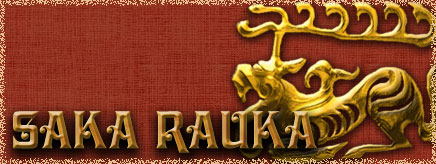Not even close, cooperation implies a shared goal and the mutual understanding of either the impossibility to achieve it alone or the greater ease a coordinated action allows...
Obviously human beings then feel/develop particular emotions related to the acts performed, but it's not what motivate them:
Firefighters do not work in a team because they respect eachother, but because putting out a fire with a bucket is counterproductive.
Then through life experiences, helping eachother, especially the realisation of how camaraderie ensures a safer environment for each member, these feeling beings grow attached to one another...
But the idea that one respects another, therefore is drawn to perform alongside him is, imo, a fallacy...
No one goes to a workplace out of the love he feels for his co-workers, but the workplace exists (is established) because the worker cannot do the task alone. Then if they became friends/lovers or simply respect one another the better. At the same time anyone can hate the other's guts and together professionally do the best work possible and achieve their common goal, as good (and possibly even better) as respectful co-workers...






 Reply With Quote
Reply With Quote





Bookmarks